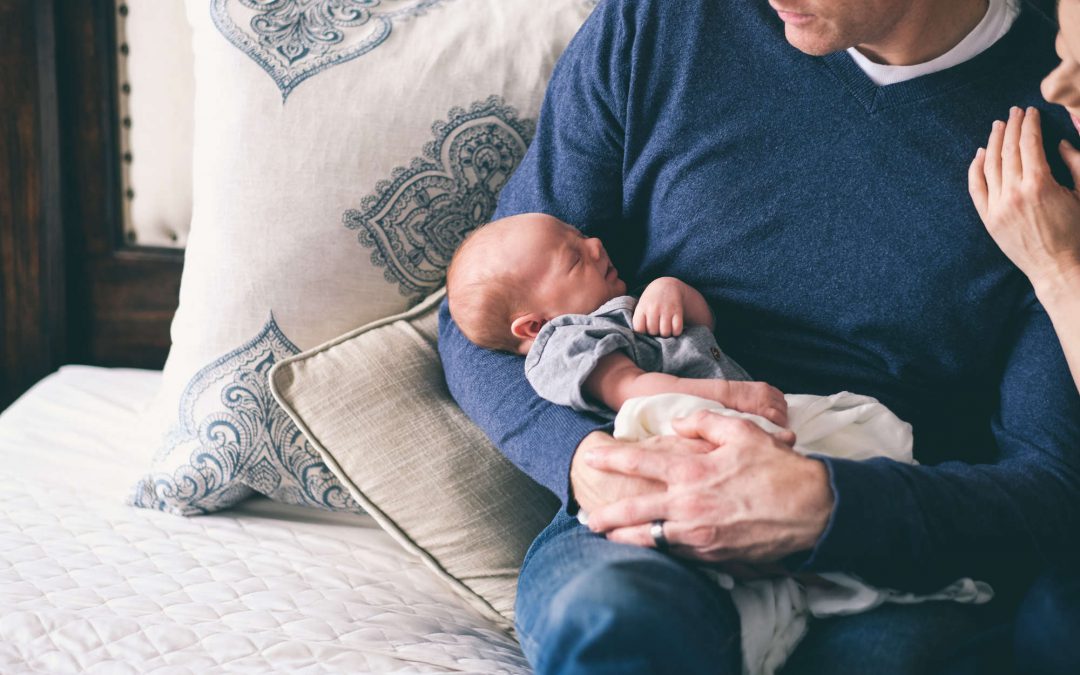Who hasn’t heard the age old adage that all babies do is eat, sleep, poop, and cry. It’s mostly true, but doesn’t help you understand what is and isn’t normal when it comes to caring for your infant. The first days at home with your baby can be overwhelming and a few things about your baby may surprise you!
Your baby probably won’t eat as much as you expect.
Parents are often concerned that their new baby is not getting enough. It’s normal for your baby to eat every 2-3 hours, and will likely feed even more frequently in the initial days or during a growth spurt. Remember, in the first days babies have tiny stomachs and may only take 1-3 ounces at a time. For parents that are both pumping and breastfeeding, keep in mind the amount you can pump is only reflective of how much milk you are pumping and not how much you can feed your baby from the breast.
It could feel like your baby never sleeps.
Newborn babies sleep 16-18 hours each day. Their frequent need to eat means they wake often in the first days and it can start to feel like your baby hardly sleeps at all! As soon as you start to fall asleep, or accomplish something, your baby wakes! If your baby is having trouble staying asleep you can try swaddling. Whether you choose to swaddle or not, be sure to always put your baby on his back to sleep, never leave a baby sleeping unattended on a couch or bed, and always ensure the sleeping area is free from loose blankets, toys, and pillows.
Your baby probably won’t have as many wet or dirty diapers as you would expect in first couple of days.
In the first days after birth you should expect a wet diaper for each day of life, one wet diaper on day one, two wet diapers on day two, and so on. After the first week, babies are said to have 6-8 wet diapers each day. Formula fed infants may only have one dirty diaper a day. Breastfed babies usually poop more often. Because there is such a large variance in what is normal, you should check with your doctor if you are concerned.
It may seem like your baby never stops crying.
Your baby may be quiet and sleepy for the first few days. As he becomes more alert, he may cry more often. Healthy babies may cry as much as two hours each day. It’s their most effective method of communication. As time goes on, you’ll become more skilled at recognising your baby’s cues to meet his needs before the crying begins. If you’re concerned about how often your baby is crying, speak with your doctor. Your doctor can explore whether your baby’s crying is normal or if there is an underlying problem.
You’ll need more help and support that you think.
Do not be afraid to accept and ask for help. Your loved ones would love the opportunity to support you in those first days and weeks after baby is born.
As a postpartum doula, I spend a lot of time helping to reassure parents about what is normal and what is not. There are so many things to remember and the fog of exhaustion that surrounds you can create addition stress as you navigate your new life. Postpartum doulas can help you fast track your way to understanding your baby’s cues, create systems for your family to keep your household on track, and help you get the sleep you need by caring for your baby or older children, running errands, and tackling household chores.

